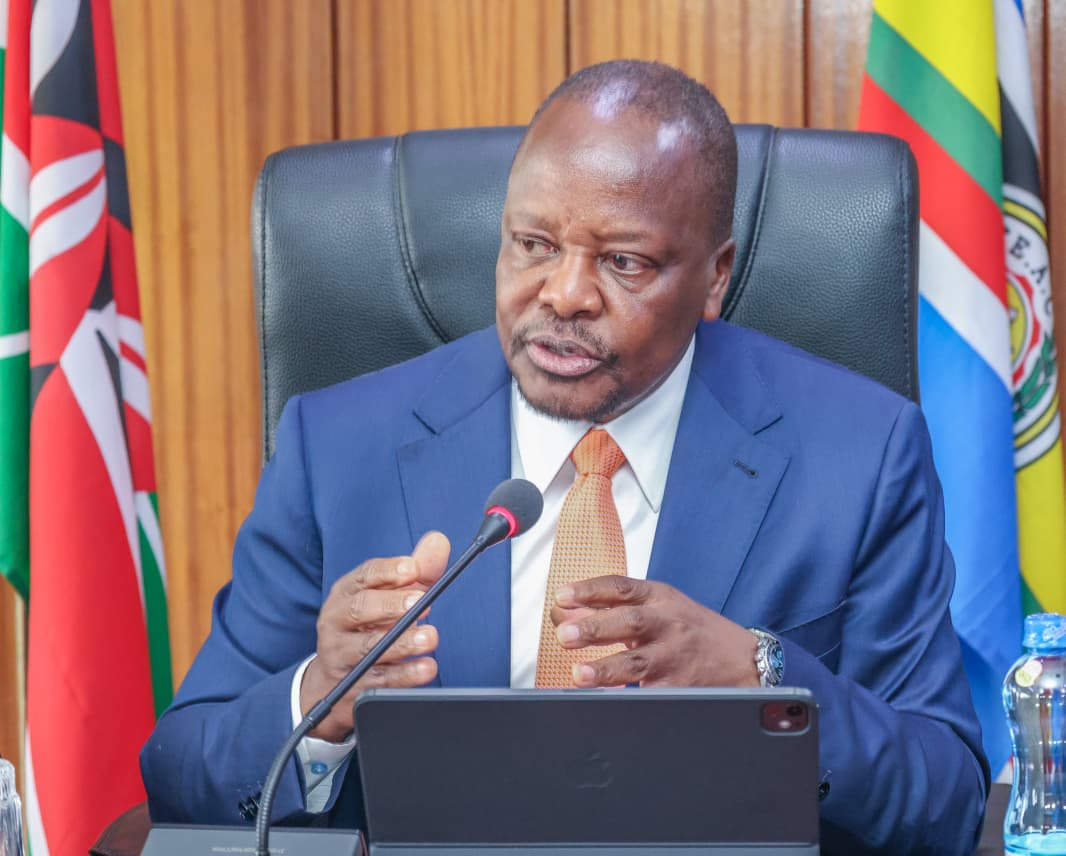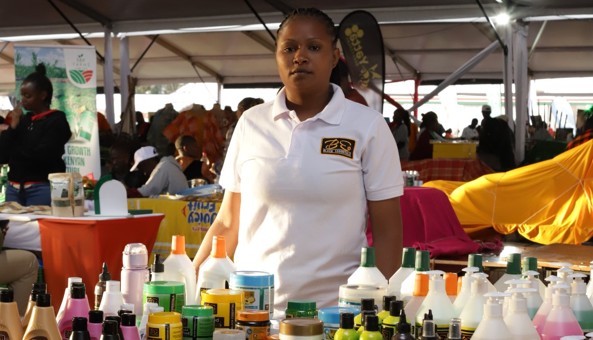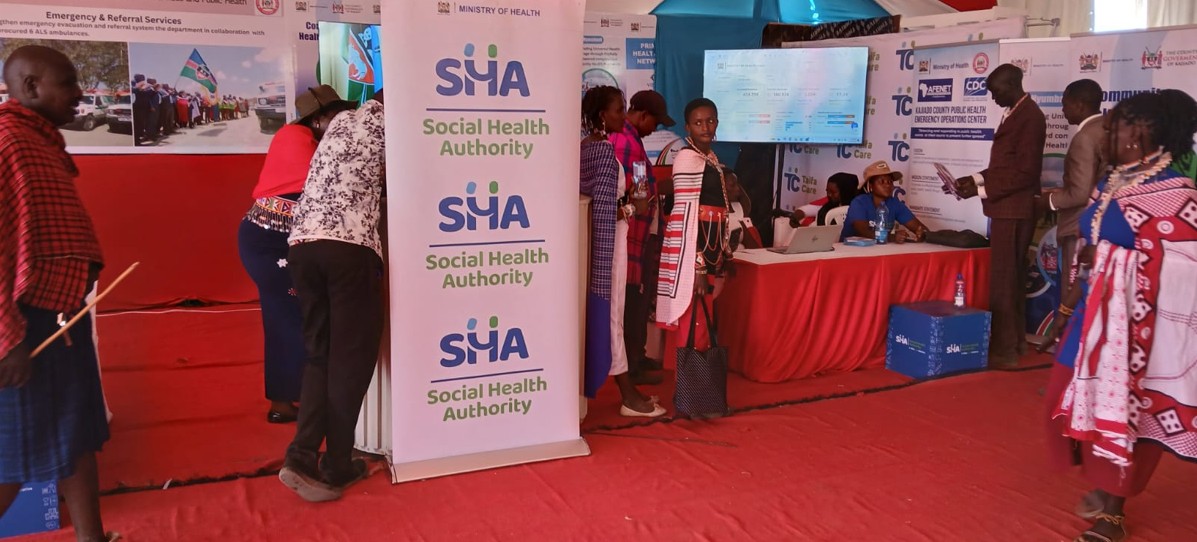Win for coffee farmers as Cabinet approves Sh6.8bn debt write-off

To further strengthen the coffee production value chain, the New Kenya Planters Cooperative Union (KPCU) will undergo modernisation in line with international best practices.
In a meeting chaired by President William Ruto at State House in Nairobi, the Cabinet on Tuesday approved a Sh6.8 billion debt write-off for coffee farmers.
The approval, according to the Cabinet, is part of broader reforms in the coffee sector. The meeting sanctioned the write-off of historical debts amounting to Sh6.8 billion, owed by coffee farmers nationwide.
More To Read
- How Trump–Ruto health deal fills the void left after USAID exit
- UNAIDS hails Kenya–US health framework as major boost for HIV response
- Kenya, US sign Sh208 billion health cooperation deal to transform to strengthen primary care, services
- Ruto backs IMF partnership as key to Kenya’s debt, economic reforms
- CS Kagwe announces policy overhaul for sugar, tea and miraa to protect farmers’ earnings
- Factory farming in Africa: Development banks see it as a good idea, but it’s bad for the climate
To facilitate the settlement of these debts, coffee cooperatives, savings and credit cooperatives (SACCOs), and other creditors are required to submit a list of all indebted farmers along with supporting documents to the Ministry for Cooperatives within seven days. This will enable the verification and processing of payments.
The Cabinet emphasised the need for a rigorous verification process to ensure all legitimate claims benefit the farmers.
"Any fraudulent and fictitious claims will be dealt with in accordance with the law," the Cabinet warned.
The Cabinet also called on Parliament to fast-track the enactment of governance reforms for cooperatives. These reforms aim to establish institutional safeguards, including the requirement that any borrowing by cooperatives must be authorised by farmers during annual general meetings.
To further strengthen the coffee production value chain, the New Kenya Planters Cooperative Union (KPCU) will undergo modernisation in line with international best practices.
Additionally, modern eco-pulpers will be established in emerging coffee-growing areas for primary processing. This aims to address concerns about the quality of coffee parchments and enhance efficiency and sustainability in the sub-sector.
These interventions will include improved propagation of coffee seedlings under the Coffee Research Institute (CRI). The goal is to enhance coffee production to reach a target of 200,000 metric tonnes by 2027.
The reforms are also expected to reposition Kenya's coffee on the global stage. This will enhance the competitiveness of Kenyan coffee and its contribution to the national development agenda, as coffee remains one of the nation's premier exports.
Top Stories Today












































